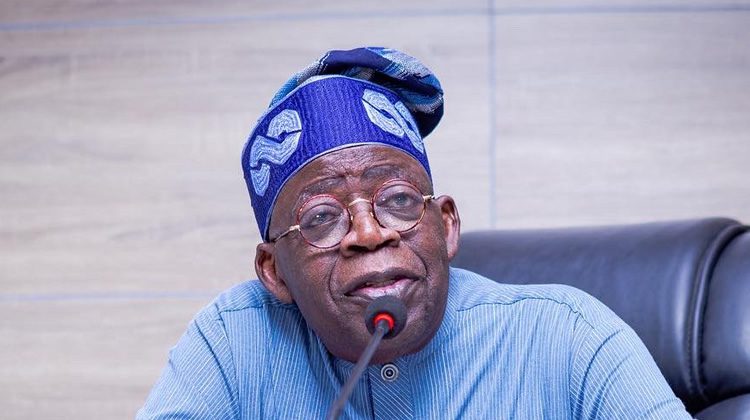Atiku Abubakar, former Vice President and 2023 presidential candidate of the Peoples Democratic Party, has outlined strategic recommendations for President Bola Tinubu’s administration to address the economic issues arising from fuel subsidy removal, currency exchange instability, and other economic challenges. In a recent statement, Abubakar expressed his support for both the subsidy removal and the naira's float but criticized the current administration’s "trial-and-error" approach, which he believes has exacerbated the hardships faced by Nigerians.
Abubakar’s suggestions, detailed in a statement titled “What We Would Have Done Differently,” encompass a phased approach to reforming fuel subsidies, restructuring foreign exchange management, and streamlining fiscal policy. He emphasized that his reform agenda, outlined in his document *My Covenant with Nigerians*, includes a more gradual and strategic approach to subsidy removal, suggesting that implementing all reforms simultaneously is counterproductive.
In his statement, Abubakar also criticized Nigeria's reliance on foreign petroleum products and poor refining capacity, proposing gradual privatization of state-owned refineries. He urged a phased removal of fuel subsidies to minimize disruption, aligning with methods used by countries like Malaysia and Indonesia, which spread subsidy reform over five years.
On currency exchange, Abubakar argued that a fully floating naira could be destabilizing given Nigeria’s current economic context. Instead, he recommended a "managed float" approach for the Central Bank, favoring gradual adjustments. Additionally, he called for enhanced public communication to foster transparency and trust, emphasizing that effective governance requires aligning policy adjustments with clear communication and stakeholder involvement.
This proposal, according to Abubakar, would alleviate immediate economic pressures and offer Nigerians a more stable and sustainable economic outlook.




